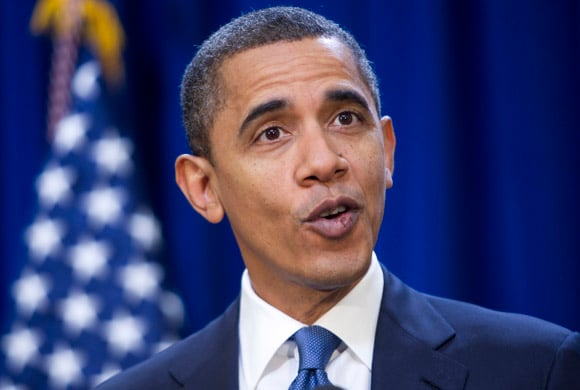Small compromises and concession would likely help U.S. steer clear of fiscal cliff
Forget about a “grand bargain” in Washington to avoid the fiscal cliff of tax increases and government spending cuts that awaits at year-end. A bland one would do, said Thomas Gallagher, a principal at The Scowcroft Group, a business advisory firm.
Mr. Gallagher, who addressed journalists at a Morgan Stanley financial markets outlook meeting today, said the status quo election didn't bode particularly well for a deal.
For one thing, the political landscape is virtually unchanged, with Democrats still controlling the White House and Senate and Republicans maintaining a majority in the house. Democrats have the momentum coming out of the election, but House Republicans, “almost all of whom voted for the [Rep. Paul] Ryan [R-Wis.] budget and were re-elected,” aren't likely to back down from their pledges not to raise taxes.
“It's not an outcome that's conducive to compromise,” said Mr. Gallagher. That said, he does expect a deal because of two major factors. First, President Barack Obama doesn't have to run for re-election and can now politically afford a compromise, and two, Republicans may determine they can get a better deal now rather than later.
“No one wants to be blamed for a recession if gridlock continues,” Mr. Gallagher said.
He cautioned that the cliff is for real and would have dramatically negative effect on the economy. “Some say it wouldn't be so bad, but it is a cliff and I think [if we did go over it], we would see a quick negative response in the economic data,” he said.
He also said that it would be difficult to find enough tax revenue through limiting or capping deductions for some or all taxpayers. “The idea hasn't been fully vetted,” Mr. Gallagher said. There just aren't enough loopholes, and the biggest ones are the ones that people want to keep most.”
Instead, he expects some increase in upper income tax brackets combined with spending cuts. He also expects the deal is likely to be cut in the Senate and brought to House Republicans.
“I think a bland bargain is likely next year with a fiscal drag on the economy of between 1% and 2% of [gross domestic product],” said Mr. Gallagher.
Mr. Obama is having meetings on the subject with labor leaders today and business leaders tomorrow.







